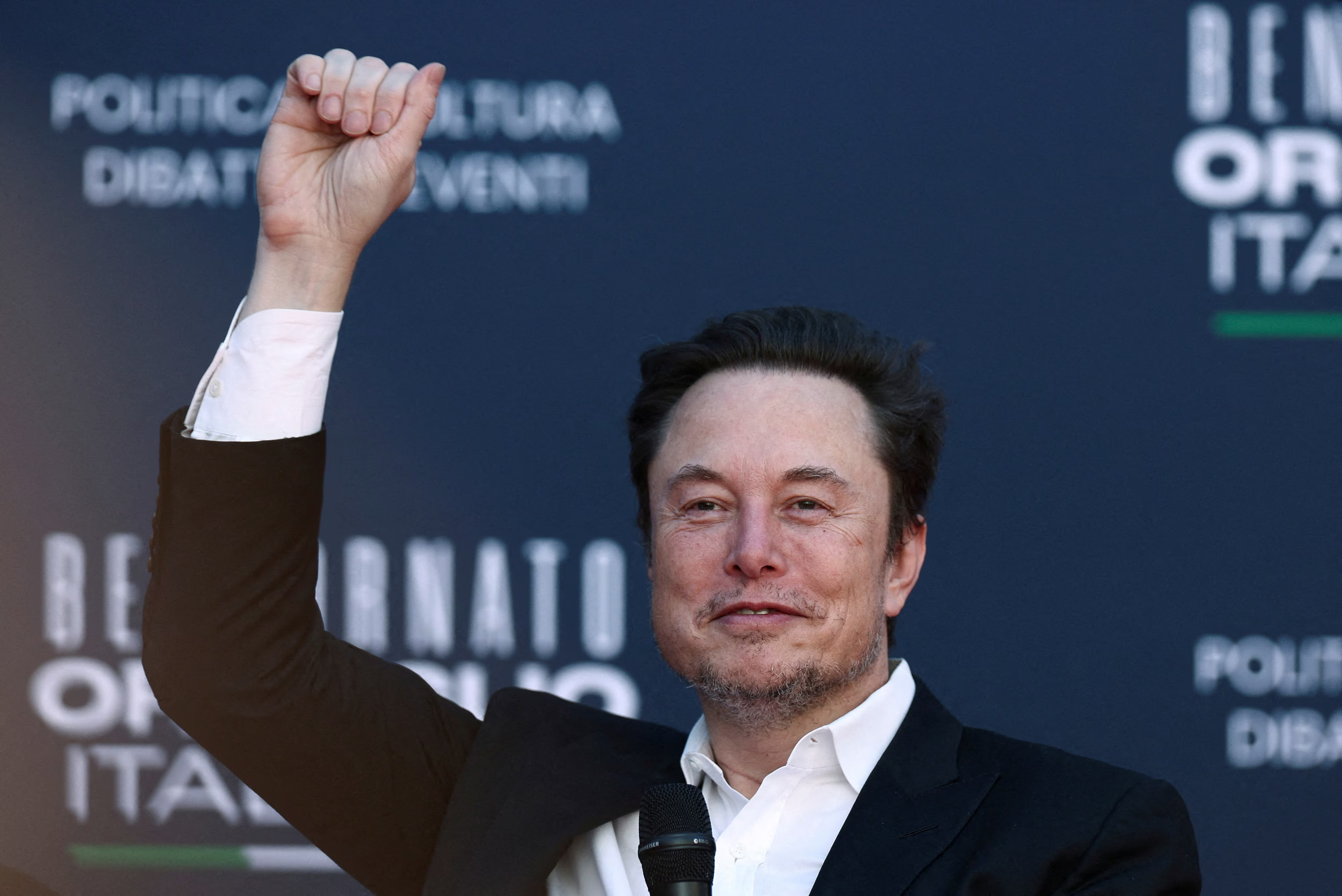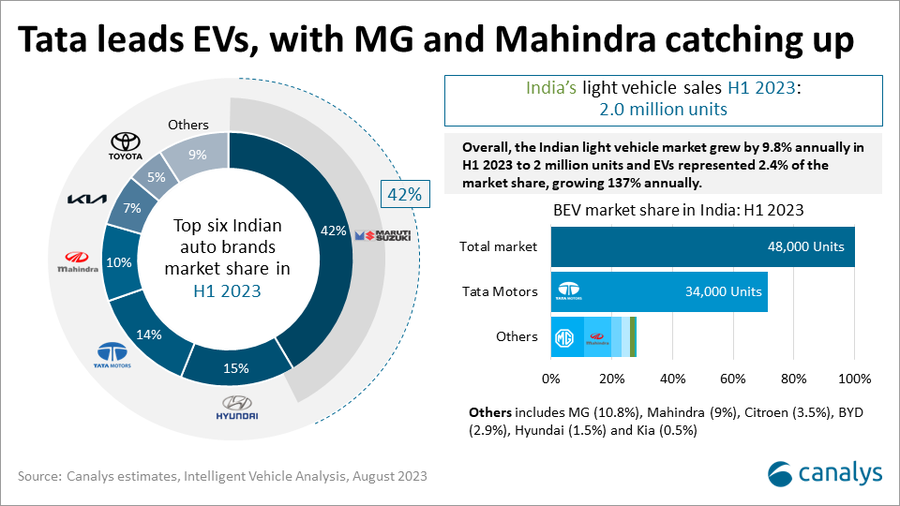As Tesla makes its much-anticipated debut in India, the price tag for its flagship Model Y has raised eyebrows and ignited a firestorm of debate. Selling for approximately ₹6.78 million (around $79,089), the vehicle is positioned far beyond the financial reach of the average Indian consumer. This move plays directly into a narrative of tech elitism that continues to shape the electric vehicle market and broader tech industry.
High Prices Reflect Corporate Disconnect
The entry of Tesla into India’s burgeoning electric vehicle landscape was expected to be a game-changer. However, the staggering price of the Model Y highlights a critical disconnect between corporate ambitions and the realities faced by everyday consumers. As reported by Reuters, Elon Musk"s company is yielding to steep tariffs, pushing the cost of its vehicles sky-high. This raises questions about who the electric vehicle revolution truly serves.
Implications of Price Barriers
The Indian government has made significant strides to promote electric vehicles with various subsidies and incentives, but this initiative feels undermined when a single vehicle can cost as much as a luxury apartment. Coupled with India"s average income of around $2,100 per year, the Model Y is emblematic of a growing divide in accessibility to green technologies. As electric vehicles are critical to combating climate change, we must question whether such high prices will further entrench societal inequalities.
\n\n
Musk to meet Modi in India; sources say announcement on ...
Consumer Reactions and Market Expectations
Consumer feedback has been overwhelmingly negative, with many voicing their frustrations over the unaffordability of Tesla"s offerings. The Indian market is not only price-sensitive but also diverse, with a vast majority of potential customers unable to justify spending such a large sum on a car, regardless of its electric credentials. As reported by New York Post, this price point may limit Tesla"s sales to affluent buyers, alienating a large demographic eager for sustainable transport but unable to afford it.
The Role of Government in Technology Accessibility
This situation raises questions regarding the role of government in ensuring that technological advancements, particularly in the realm of sustainable energy, are accessible to all. India’s push for electric vehicles necessitates a more inclusive approach that integrates affordability into the equation. As we see more tech giants like Tesla enter the market, the government must enforce regulations that prevent monopolistic practices and consider consumer welfare in its policies.
\n\n
Canalys Newsroom - Tata Motors takes 72% share in India"s ...
Future of Electric Vehicles in India
As Tesla establishes its foothold in India, it remains to be seen how the company will adapt its business model to cater to the local market. The current pricing strategy may not only stifle demand but could also hinder Tesla’s long-term growth prospects in a country that is home to over 1.4 billion people. Will Tesla pivot to offer more affordable models, or will it continue to prioritize profit margins over consumer accessibility? This is a pivotal moment for the electric vehicle sector, and the decisions made now will have lasting repercussions.







![[Video] Gunfire between Iraqi security forces and Sadr militias in Baghdad](/_next/image?url=%2Fapi%2Fimage%2Fthumbnails%2Fthumbnail-1768343508874-4redb-thumbnail.jpg&w=3840&q=75)
